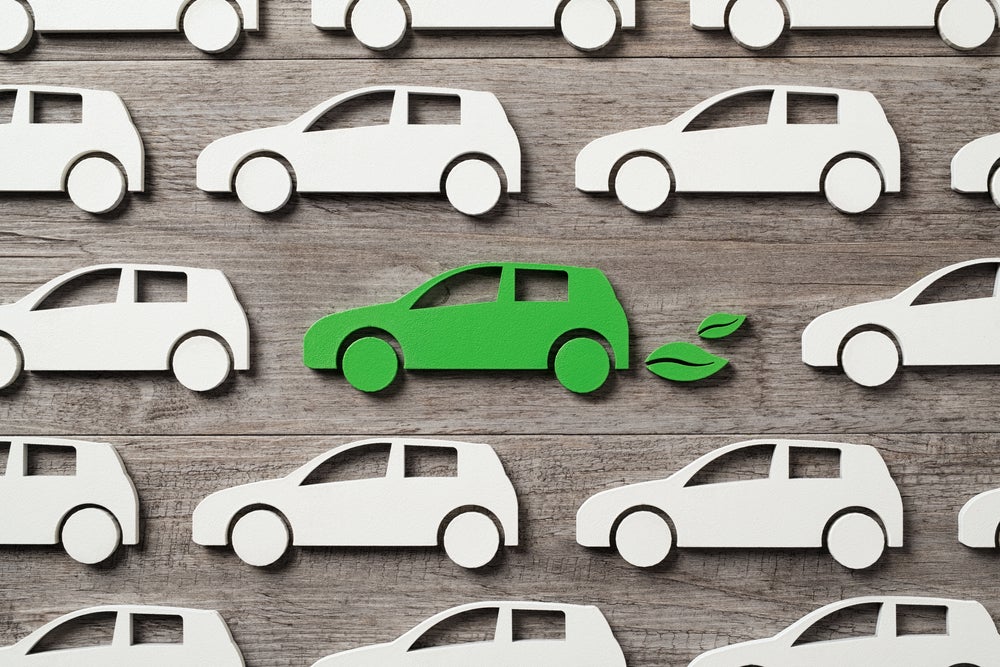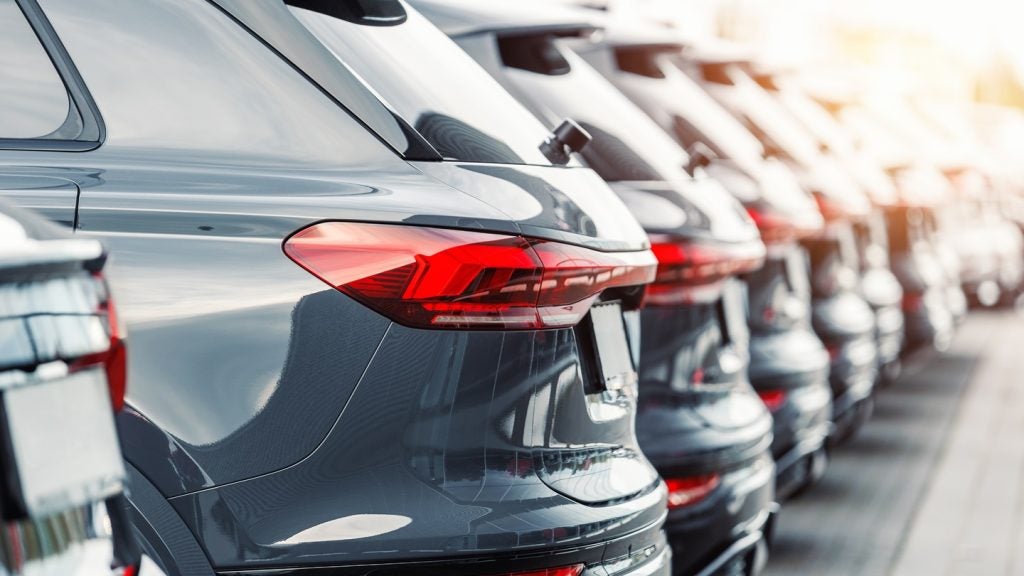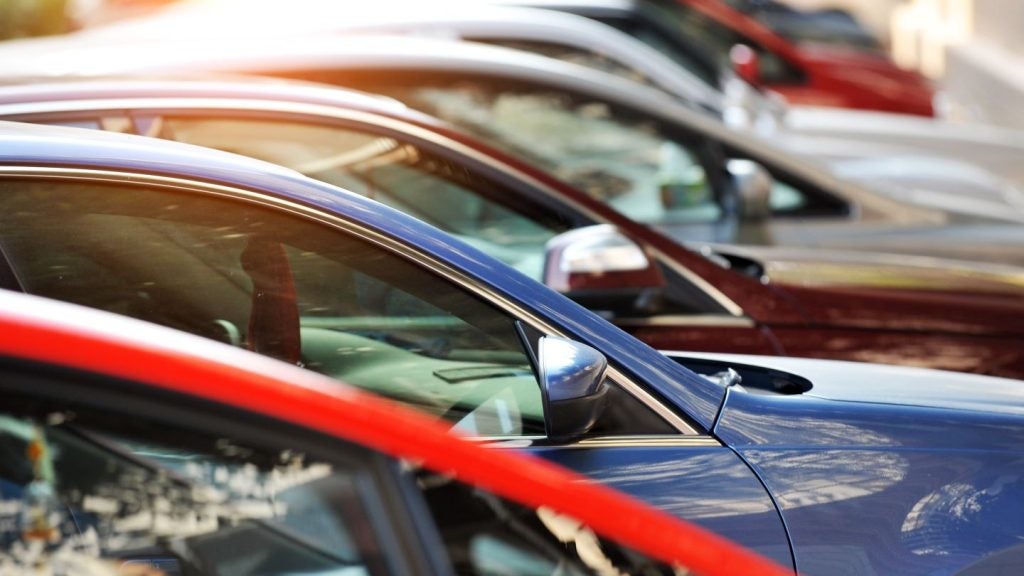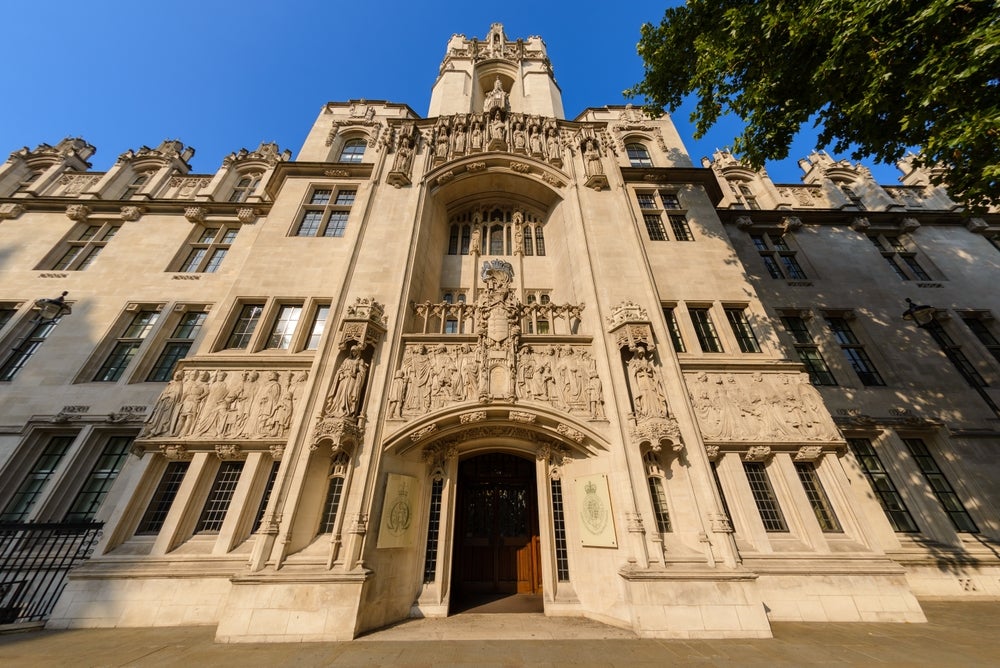
The UK auto finance sector has accused the government of misunderstanding the sector, wasting the time and investments of businesses, and sowing doubt about the urgency to tackle decarbonisation following a decision to delay the sale ban of ICE vehicles.
The rebuke follows UK Prime Minister Rishi Sunak’s decision yesterday to roll back net zero pledges, including a delay to ICE car sales ban until 2035.
The government decision comes just as the auto finance industry is preparing to move out of the early EV adoption phase and into mass market uptake.
The PM yesterday outlined what he said was a “pragmatic, proportionate and realistic” strategy for the UK to reduce its carbon emissions.
Sunak described climate change as “real and happening” and marked a change “as profound as the industrial revolution” and vowed the UK was not “abandoning any of our targets and commitments”.
The new measures would allow people to buy new petrol and diesel cars and vans until 2035. People will still be able to sell those types of vehicles second-hand after 2035, which puts the UK in line with EU countries like Germany and France, Sunak said.
ICE ban delay reaction
Stephen Haddrill, Director General of the Finance & Leasing Association, said: “While [yesterday’s] announcement may be positioned by some as pragmatic, to those businesses that relied in good faith on the original 2030 deadline, it represents millions of pounds of mis-directed or mis-timed investment. As for the wholesale funders who provided that finance for firms, regaining their trust will be an uphill battle. Delivering net zero requires business and public confidence in policy – that is being squandered.”
Philip Nothard, chair of the Vehicle Remarketing Association, described Sunak’s announcement as “something of a mess”. Nothard said: “The government’s argument is that this five-year delay will allow more time for electrification to take place and reduce costs to private motorists, but that shows a fundamental misunderstanding of how the motor industry works. Many or most of the decisions about the cars and vans on sale in the UK in 2030 have already been finalised, and have been made based on global factors. What the UK prime minister has done today will change little in terms of the new and used cars being sold here during the next decade or more.
“In the shorter term, it is possible that this move will bring more disruption to the values of electric vehicles (EVs), purely because buyers will be confused about where the market is heading which, in turn, will reduce the appetite for electrification, creating a kind of negative feedback loop.”
Ian Plummer, Commercial Director of Auto Trader, a UK online marketplace and provider of motor finance data, said: “The PM has left the industry and drivers high and dry by sacrificing the 2030 target on the altar of political advantage.
“According to our research, only half of people could see how an EV could fit into their lifestyle as it is, suggesting major barriers to adoption. We should be positively addressing concerns over affordability and charging rather than planting seeds of doubt. The 2030 target itself in no way forced UK consumers to pay more as affordable petrol and diesel vehicles will be readily available in the used market for years to come, this announcement has only served to remove trust and confidence in the UK market.”
Sally Foote, UK Managing Director at carwow, an online auto marketplace, said: “The announcement fails to provide much-needed clarity regarding the new Zero Emission Vehicles mandate, which would levy huge fines on vehicle makers who fail to ensure at least 22% of their new car sales and 10% of new vans are zero emissions in 2024.
“All this positive progress as we transition towards electric vehicles risks being undermined by [yesterday’s] announcement, which could send the message that going green isn’t that important. It’s also hard for industry and consumers to be sure there won’t be further changes. At a time when we’re all adjusting to new policies like the expansion of clean air zones across the country, this decision only adds further confusion when greater stability is what’s needed.”
Ben Nelmes, CEO of New AutoMotive, a transport research group that contributed to bringing forward the UK ICE ban from 2040 to 2030, described Sunak’s decision as “an abdication of leadership that motorists will pay the price for. It sets us back in the global race to develop green industries – a huge own-goal by the UK.”
“It’s also a hammer blow to the UK’s leadership on climate change. Despite what the Prime Minister has claimed, it will be harder to meet our legally binding emissions targets.
“He is right to say that electric car prices are dropping and charging infrastructure is improving – but this is thanks to the industry investing billions of pounds working towards the 2030 target. Pushing the date back will raise costs for motorists by deterring future investment in the UK EV industry and supply chain.
“It will restrict job creation, weaken energy security and lead to higher energy bills for longer for everyone. It removes a key pillar of the current government industrial policy of green growth, reversing the work of the last decade.”
Asif Ghafoor, CEO and co-founder of Northern charging network Be.EV, said: “You can’t help but think the PM looked at the net zero plan and thought ‘that’s going to be a bit hard’, so chose to abandon it.
“The cold reality is Sunak needed to face up to the challenge – and to do so with conviction. The world is going through a major industrial shift – no one ever said it was going to be easy.
“At such an important time, the government should be leading the charge, creating jobs and opportunities and attracting investment to this country. Instead, they are changing dates, generating uncertainty and demonstrating a total lack of ambition and courage in their vision for the country’s green future.”
Mike Thompson, Chief Operating Officer of Leasing Options, said: “There has been differing opinions on the approach to the UK’s plans to net zero for some time now and it’s quite unexpected that it’s surfacing three years after announcing the ICE ban, considering the government’s strong prior commitment to endorsing it.
“This U-turn is confusing for both drivers and industry professionals and is a cause for concern if there’s less incentive for drivers to switch to an EV … It is still important to recognise that since 2020 when the ban was announced, there has been a 316% increase in battery-electric cars in the UK, which is an impressive uptake from drivers who want to save money and go greener.”
Gerry Keaney, BVRLA Chief Executive, took a more even-handed approach. He said yesterday’s announcement would “frustrate many while offering relief to others.”
“Those that have made huge financial and strategic investments in this technology and mobilised their customers and workforces for decarbonisation will be worried that the Government is applying the brakes.
“Others will be grateful for the extra breathing space this delay provides. They will be hoping that it gives more time for costs to come down and consumer attitudes to change.”
Welcoming the ban delay as inevitable were representatives of the freight industry at the BVRLA’s Fleet’s in Charge conference.
Car dealers think 2030 petrol and diesel ban will be changed or scrapped
Consumer car finance new business volumes fell by 6% in July 2023: FLA







